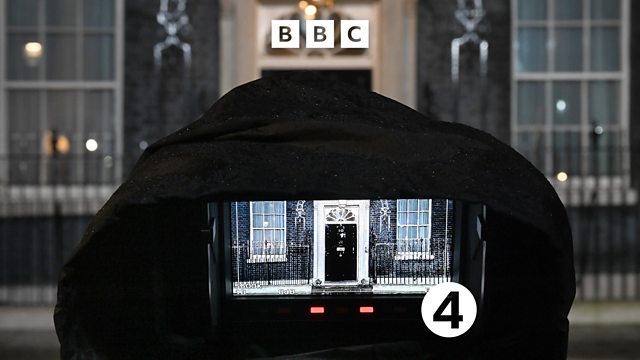What Has Media Training Done to Politics?
Journalist Matthew Parris explores the rise of media training in politics and what it has done to the form and purpose of the political interview.
Journalist and broadcaster Matthew Parris explores the rise of media training in politics and what it has done to the political interview.
Media training is everywhere - in business, in professional sport, in public facing institutions from the charity sector to the arts. So why does it matter if it’s operating in politics too?
For politicians, media training is not only focused on presentation but how to deal with journalists’ questions, get their message across and control the narrative. It is, they say, a necessary layer of armour in an increasingly hostile media environment, where interviewers constantly try to catch them out, trip them up or humiliate them on air.
For journalists, media training has become an anathema, undermining not only the purpose of political interviews but the idea of democratic accountability itself - a set of tactics deployed by politicians to evade or deflect important questions for their own interests, rather than in the interests of truth.
The political interview is perhaps the purest encounter between politics and the broadcast media and, critics say, look at what’s happening to the form. It’s a vicious cycle - politicians are media-trained to become ever better at avoiding questions they don’t like, honing tactics of avoidance and control, repeating their message whatever the question asked. As a result, interviewers become wilier and more aggressive, trying to corner what they increasingly see as their quarry, who these days just want to make it out of the interview alive.
This in turn leads to a ‘safety first’ approach on the politician’s side, since one mistake under pressure from an inquisitor could damage their career, sometimes fatally. So interviewers, for their own professional and career reasons, become more and more determined to break through this training, make waves, move the story forward when the politician often wants to shut it down. Interruption, evasion, cross-talk… less a dialogue than an arms race.
A former MP before turning journalist and parliamentary sketch-writer for The Times, Matthew Parris draws on his experience of both camps to look back at the emergence of comms and media training within Margaret Thatcher’s Conservative Party before reaching it’s apotheosis with the New Labour media operation, as driven by Peter Mandelson and Alistair Campbell. Party discipline and narrative control became focused, politicians were ruthlessly ‘on message’ in interviews, all centrally coordinated. This change in political culture coincided with a revolution in media and news technology itself, with the birth of rapacious, rolling 24 hour news and the decline of the long-form interview into shorter, more pressured encounters between interviewers and politicians.
Contributors include David Dimbleby, Piers Morgan, Emily Maitlis, Peter Mandelson, James O’Brien, Kirsty Wark, Iain Dale, former Conservative MP David Gauke, former Conservative Party broadcast officer now media trainer Simon Brooke, political media trainers Scarlett MccGuire and Glenn Kinsey, political impressionist and podcaster Matt Forde, Labour’s former head of press Jo Green, founder member of Channel 4 News Michael Crick, former editor of the Walden programme for LWT John Wakefield, professor of media and communications at LSE Charlie Beckett, former Director General of the ���˿��� John Birt and Today’s Nick Robinson.
Presented by Matthew Parris
Produced by Simon Hollis
A Brook Lapping production for ���˿��� Radio 4
Last on
More episodes
Broadcasts
- Sat 14 Jan 2023 20:00���˿��� Radio 4
- Wed 10 Jan 2024 20:00���˿��� Radio 4

